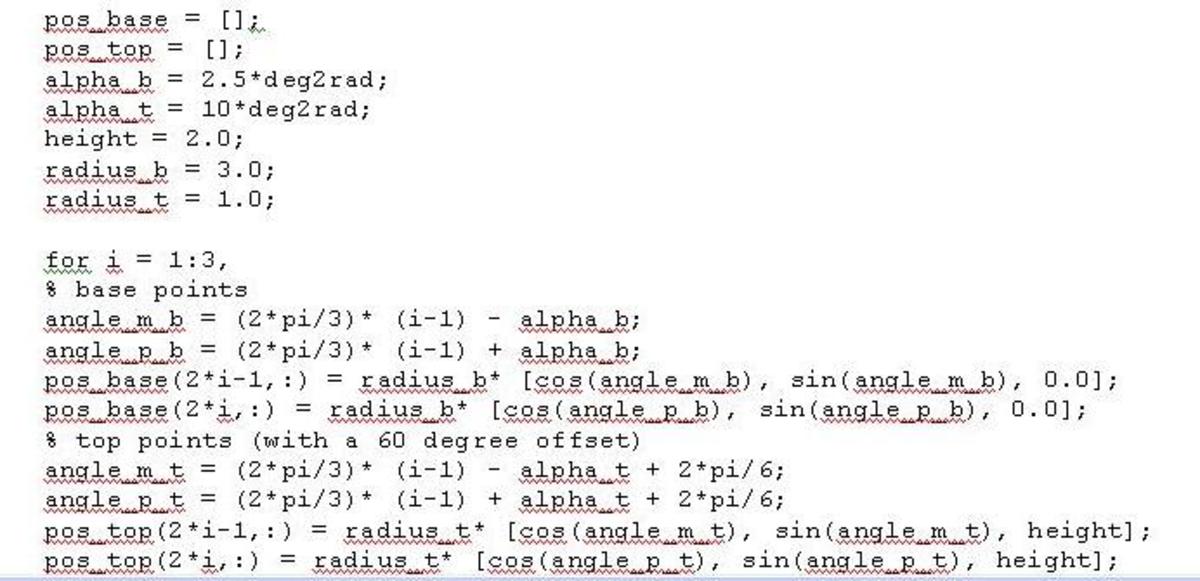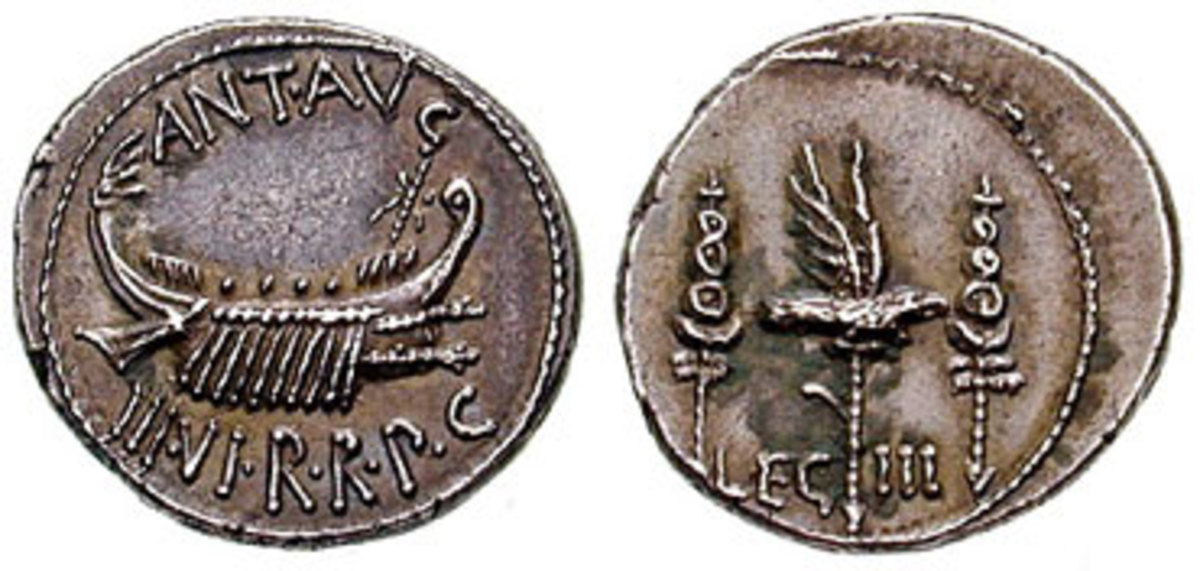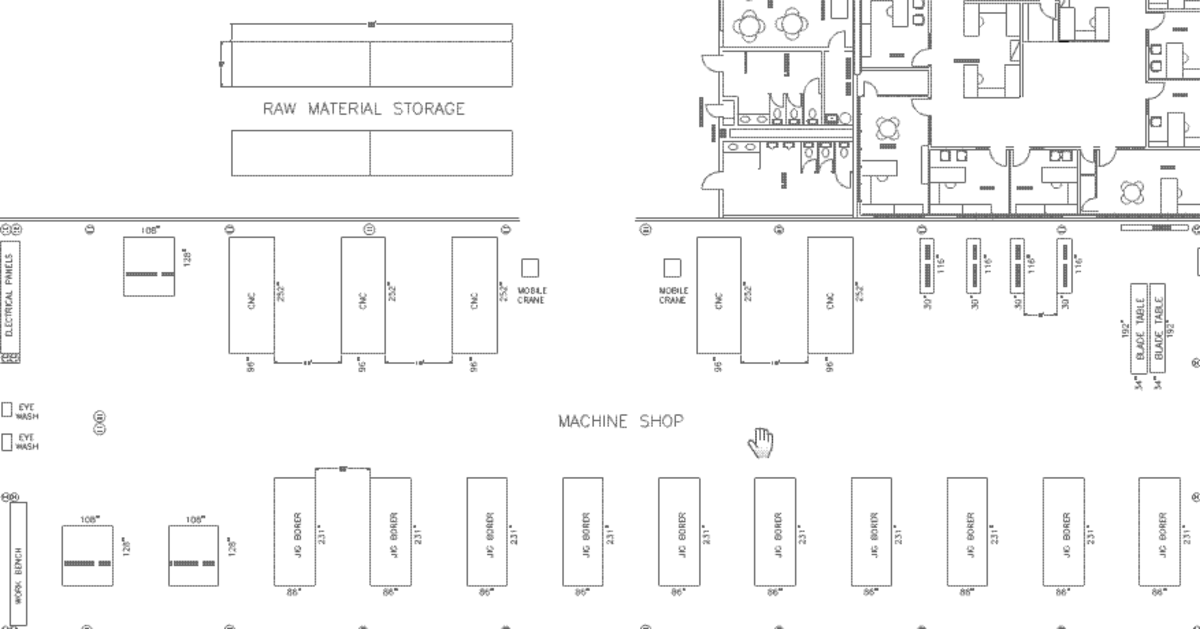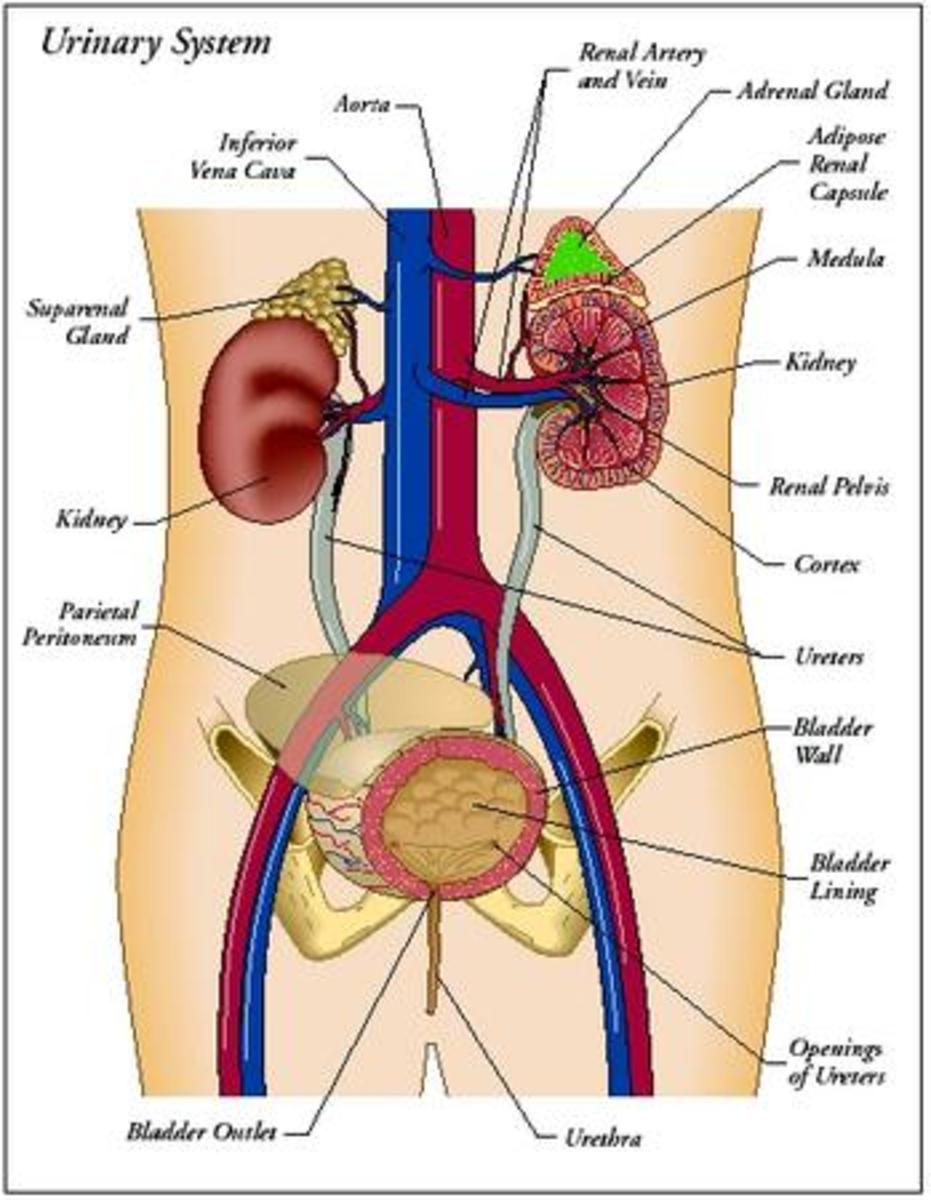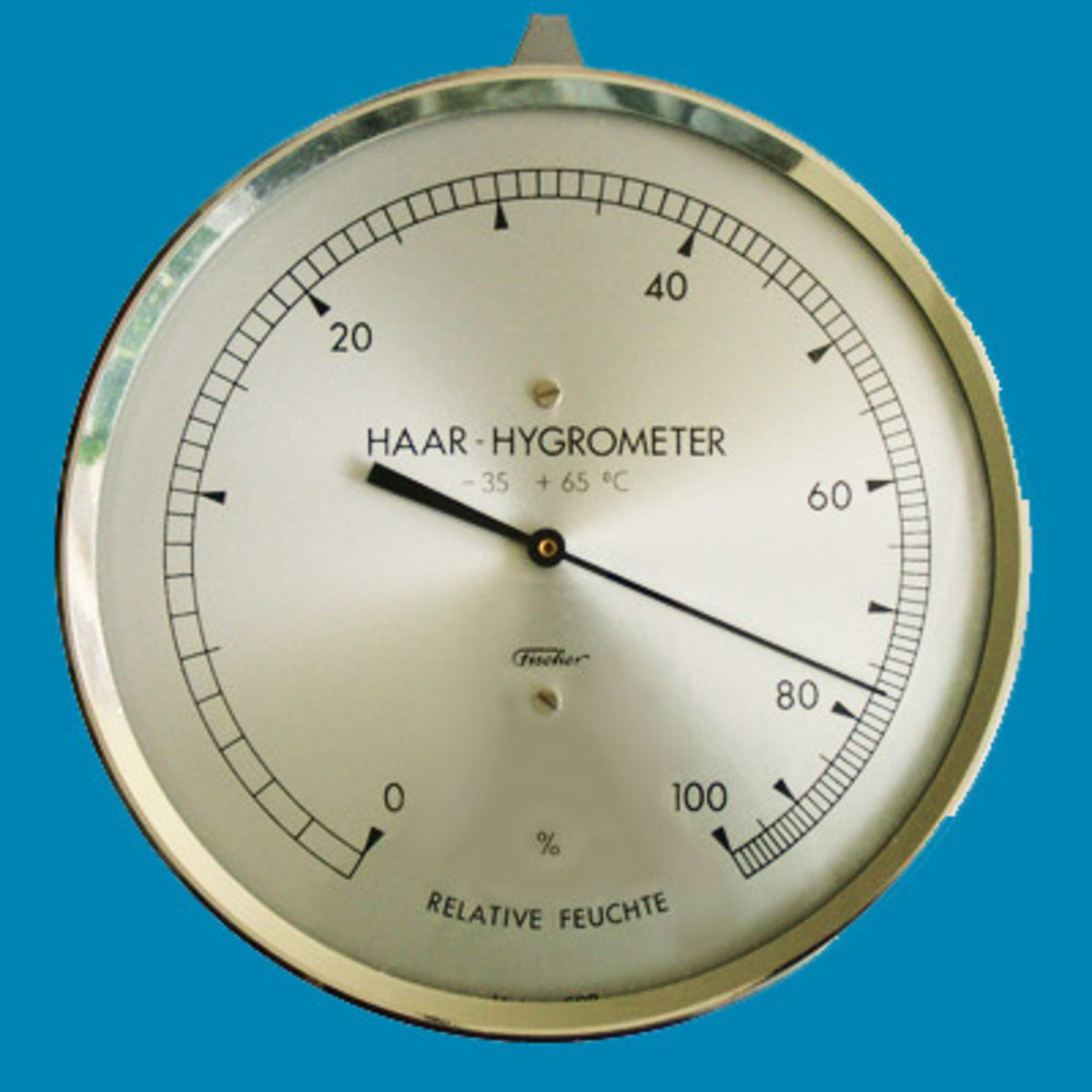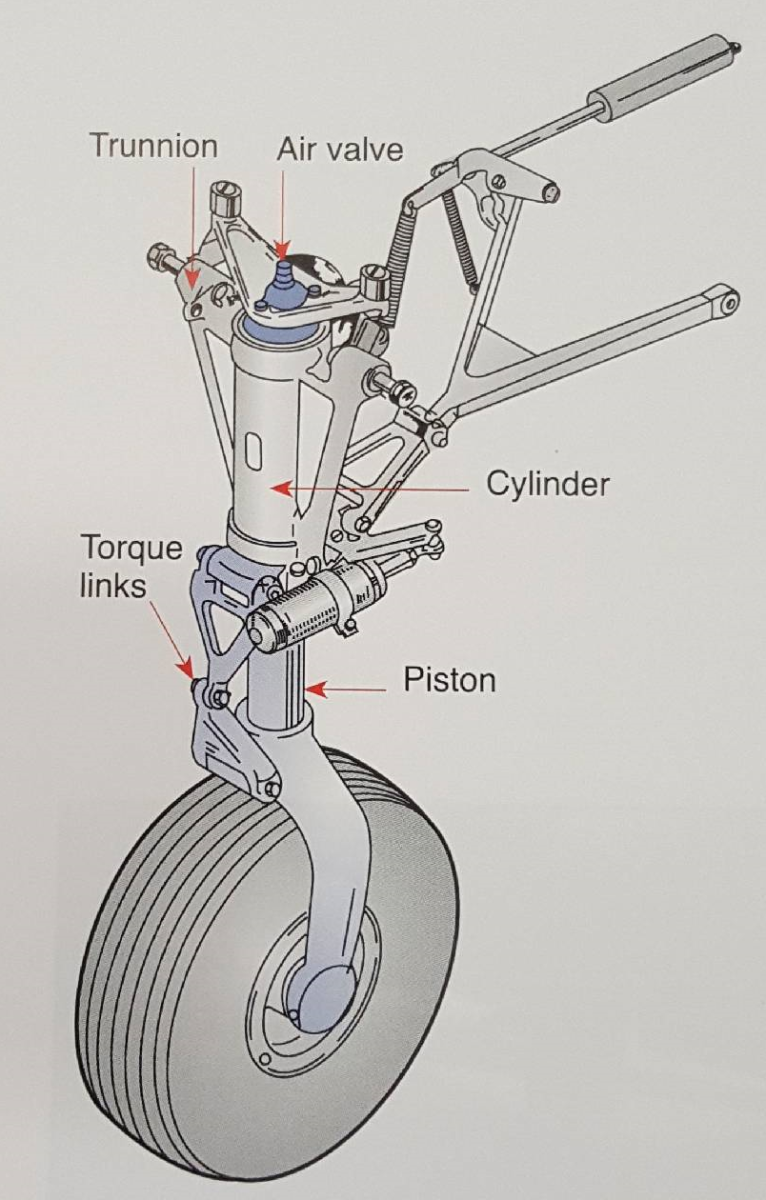An Overview of Major Grease and Lubricant Standards
ISO Grease and Lubrication Standards
ISO 16532 is the standard for measuring grease resistance using methods like the permeability test and turpentine test.
ISO 13678 is the standard for evaluating thread compounds in piping, tubing and the drill stem used in natural gas and oil drilling. The test methods in ISO 13678 are limited to thread compounds that use a lubricating grease as the base.
ISO has issued several standards for industrial lubricants and greases. For example, ISO 12924 is the standard for Class L Family X greases. However, standards like SAE MS 1011, the standard for Type X greases, still remain in effect.
ISO 2176 is the standard for determining the dropping point of petroleum derived lubrication grease. ISO 11009 is the standard method of determining the water washout of lubricating greases. ISO 11007 describes how to determine how well lubricating greases prevent rust.
ISO 6392 is the standard for lubrication fittings used on earth-moving machinery. ISO 7824 sets the standard for lubrication nipples used on marine structures like ships.
ISO 6336-2 describes how to calculate the surface durability or pitting of spur and helical gears. This standard can be applied to grease-lubricated transmissions whether they have internal teeth or involute external teeth.

ASME Standards for Grease and Lubricants
ASME A112.14.3 is the standard for grease interceptors. This standard is ANSI approved. ASME A112.14.4 is the ANSI standard for grease removal devises. ASME A112.14.4 is also ANSI approved.

ASTM Standards for Grease and Lubrication
ASTM D128-98 is the standard test for analyzing lubricating grease. This standard was first published in 2008.
ASTM D128-98 includes tests for determining the amount of ash in a grease sample, how much fat or petroleum oil is in the sample, the percentage of water, measuring the glycerin amount and free alkali and free acid components.
ASTM D7718-11 outlines the approved method for collecting in-service samples of grease used for lubrication. ASTM D217-10 describes how to test the cone penetration of lubricating grease.
ASTM D6185-11 is the standard for determining how compatible two greases are when mixed. ASTM D7342-07 is called the water stability test for lubricating grease. ASTM D2445-12 outlines how the dynamic viscosity of liquids like grease is to be calculated.
ASTM D4425-09 outlines how to measure the separation of oil from grease lubricants using a centrifuge. This is called the Koppers method. ASTM D1831-11 is the roll stability test for lubricating grease. ASTM D2509-03 measures the load carrying capacity of grease lubricants using the Timken method.
ASTM F2489-06 is the standard for greases used on precision bearings.
ASTM D4290-07 describes how to determine how much automotive grease leaks from bearing wheels during acceleration.
ASTM D4950-13 outlines the different classifications and specifications of automotive greases. This standard replaces many SAE grease standards, most of which have been cancelled.
SAE grease standards were developed in cooperation with the NLGI, the National Lubricating Grease Institute, and ASTM International.
German Grease Standards
DIN 53896 gives the standard for grease used on optical instruments. DIN 1282 is the German standard for push type grease hand guns. DIN 124 is the German standard for lever type grease handguns. DIN 3411 is the standard for grease boxes with light construction, while DIN 3412 is the standard for heavy construction grease boxes. DIN 4040 is the standard for grease separators.
Many German manufacturers follow ISO standards for their products.
DoD and Federal Standards for Grease
DOD-G-24508 is the standard for high performance grease. DoD-G-85733 is the standard for high temperature catapult systems. Most military standards or MIL-SPEC for greases and lubrication equipment like grease guns have been cancelled, replaced by ASTM, ANSI and ISO standards.
FED H-08-3 402-2 is the federal standard for grease interceptors. Some government documents refer to engineering standards such as ASTM C1613-10, the ASTM standard for precast concrete grease interceptor tanks.
General Motors Grease Standards
GMNA is the identifier for standards set by General Motors. GMNA 9985084 is the standard for zinc oxide and calcium grease. GMNA 9986104 is the standard for corrosion resistant calcium grease. GMNA 9986138 is the standard for an aerosol calcium grease.
General Motors’ standards for grease and lubricants are separate from those set by the Society for Automotive Engineers or SAE, whose standards are now part of ASTM International standards.
Related Grease Standards
ASHRAE LO-09-010 is the ASHRAE study analyzing and describing the emissions and types of particles released from cooking appliances.

